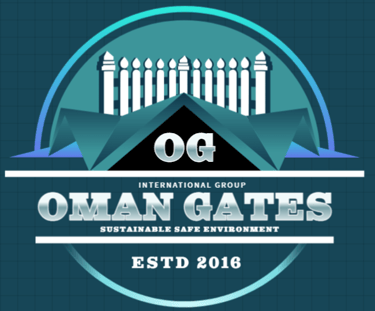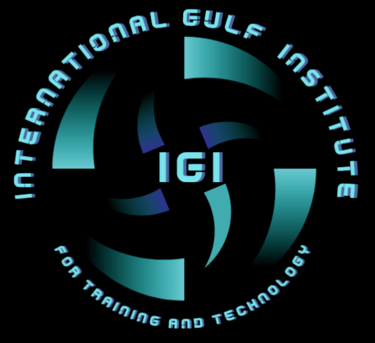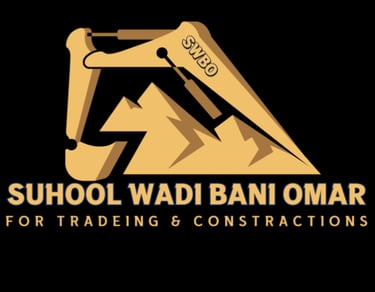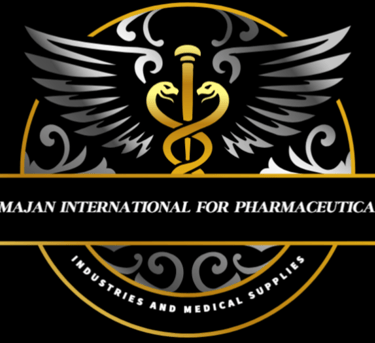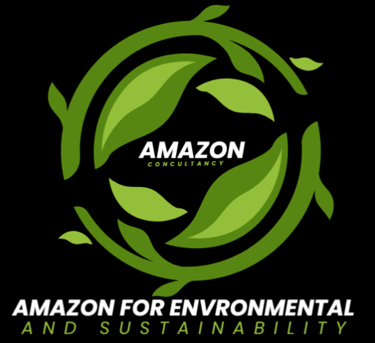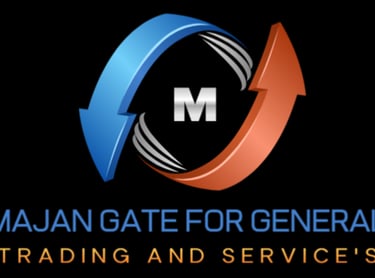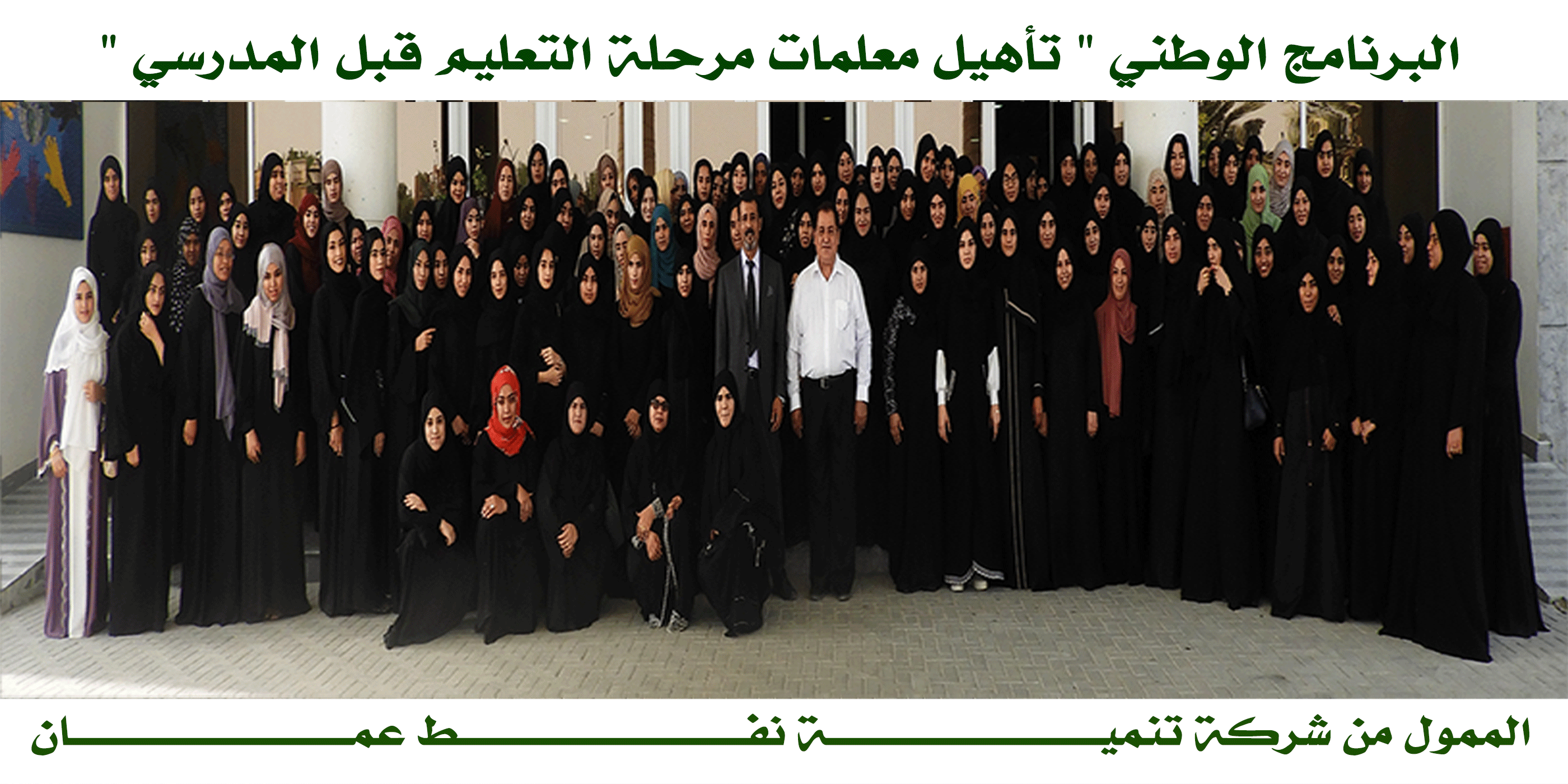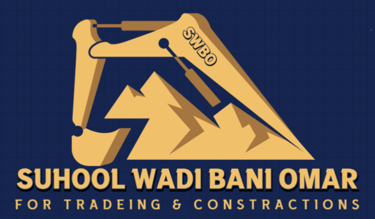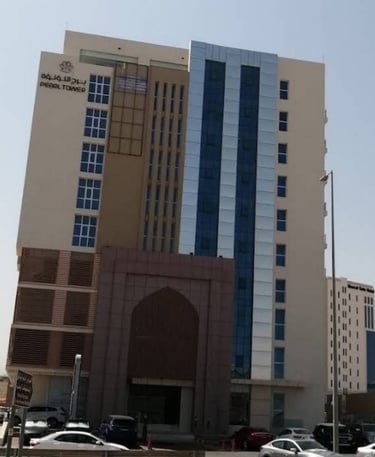
This collection is a personal vision of an Omani citizen, originally a doctor and a graduate of Sultan Qaboos University, who worked in various sectors up to the position of General Director in the ministry of his specialty. He continued to develop his postgraduate studies until he completed a master's and doctorate in the field of Sustainable Environmental Engineering. After retirement, he decided to dedicate all that he had learned throughout his career to serve the Omani community, so he established one of the leading environmental consulting companies and followed it with the establishment of the Gulf International Institute for Adminstration and Technology, which, within a year of its establishment, became one of the most important vocational training institutes in the Sultanate of Oman, classified as a first-class training institution and received the Opal Star classification as one of the institutes providing quality training services. This institute executed national training programs to implement the Omanization plan with the support of Oman Oil Company, Oman Liquefied Natural Gas, and the Ministry of Oil as well as other ministries including the Ministry of Education, Ministry of Social Development, Ministry of Youth and Sports, and many others. He then developed the work and moved towards establishing an international group for training and sustainability in partnerships with major international universities and consultancy firms, including Malaysia's University of Science, Mu'tah University, Bahrain University, and many more, and developed new activities by purchasing anumber of crushers, quarries, cement material factories, limestone crushers, and concrete block factories, and he returned to his specialty as a doctor and obtained a license for the Majan International Pharmaceutical and Medical Supplies Factory, which is currently being established with an ambitious plan targeting the Gulf market and North Africa, In pursuit of further internationalization in the activity, he established other companies in the United Arab Emirates for the same brands in Oman and created a path for integration in performance, which gave the branches in both countries more strength and excellence within the two markets.

The International Gulf Institute for Administration and Technology has transcended conventional vocational education. By embedding Oman's economic imperatives, technological ambitions, and social aspirations into its operational DNA, IGI exemplifies how targeted human capital investment can transform resource economies. As Sultan Haitham bin Tarik noted in the 2040 Progress Report, "Oman's greatest resource lies not underground, but in the intellect and diligence of its people." With 17,000+ professionals trained since 2016, n the preschool education sector, we have provided this sector with more than 1,700 qualified kindergarten teachers equipped with the latest theories in learning and modern teaching methods across all governorates, supported by the Ministry of Education and funded by Petroleum Development Oman (PDO), the primary supporter of training linked to employment in the Sultanate of Oman, with oversight and executive supervision by the Omani Oil Services Association 'OAPAL' and a 500% enrollment increase projected by 2030, IGIAT stands as both a catalyst and blueprint for Gulf-wide workforce transformation.

The International Gulf Institute for Administration and Technology has transcended conventional vocational training. By embedding industry needs, technological foresight, and national vision into its DNA, IGIAT exemplifies how targeted education can transform economic vulnerabilities into opportunities. As Sultan Haitham bin Tarik accelerates Oman’s post-oil transition, institutes like IGIAT ensure that the nation’s greatest resource—its people—are equipped to lead the journey toward resilience and innovation, Since its establishment, the International Gulf Institute for Administration and Technology (IGI) has emerged as a cornerstone of Oman’s human capital development strategy. Founded against the backdrop of Oman’s urgent need to diversify its economy and empower its youth, IGI’s mission since 2016 has focused on bridging the skills gap in critical sectors—administration and technology—while advancing the Sultanate’s broader socioeconomic goals under Vision 2040.
Oman’s economy historically relied on hydrocarbons, which accounted for ~40% of GDP, leaving it vulnerable to oil price volatility. By 2022, youth unemployment reached 13% (26% among young women), highlighting systemic labor market misalignment 310. Simultaneously, Oman’s Vision 2040—launched formally in 2021—prioritized transitioning to a knowledge-based economy, demanding skilled nationals in technology, administration, and innovation 311. IGIAT was conceived to address these dual challenges by:
Reducing dependency on expatriate labor (which comprised 40% of Oman’s population in 2022 10).
Equipping Omani graduates with future-ready skills aligned with private-sector needs 214.
II. IGI’s Multidimensional Mission Framework
A. Industry-Linked Training Programs
IGI’s flagship initiative—“Training-for-Employment” (TFE)—exemplifies its practice-oriented approach. In partnership with leading enterprises like Daleel Petroleum, IGI co-designs intensive programs targeting unemployed graduates. For example:
A landmark 2019 agreement with Daleel funded training for 50 Omani university graduates in oil/gas sector specializations, combining technical instruction with guaranteed employment pathways 214.
Curriculum emphasizes digital literacy, project management, and sector-specific technologies, ensuring immediate workplace relevance 12.
B. Technological Upskilling for Digital Oman
Aligned with Oman’s Digital National Strategy, IGI integrates cutting-edge tech education into its core offerings:
Certification courses in AI, blockchain, cybersecurity, and data analytics, supporting national priorities like cybersecurity resilience (Oman ranks #1 in the GCC in cybersecurity preparedness 11).
Partnerships with global bodies (e.g., BCS, The Chartered Institute for IT) to deliver internationally recognized qualifications .
C. Entrepreneurship and SME Ecosystem Development
Beyond traditional employment, IGIAT fosters self-employment through:
Incubation services and the “My Omani Project” initiative, providing training in business planning, e-marketing, and feasibility studies.
E-bazaar platforms enabling graduates to market products/services digitally.
Table: IGIAT’s Strategic Training Pillars (2016–2025).
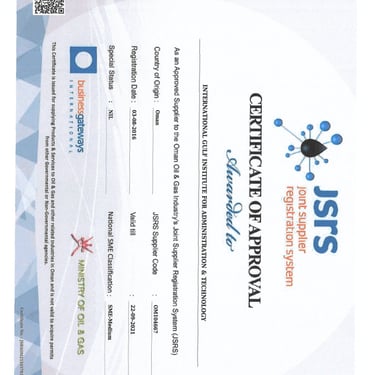
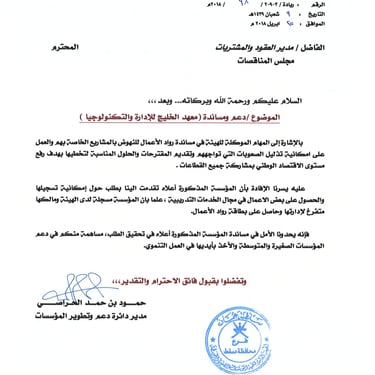
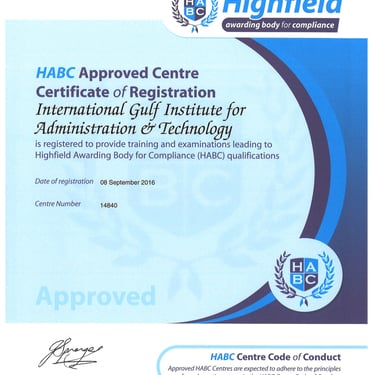
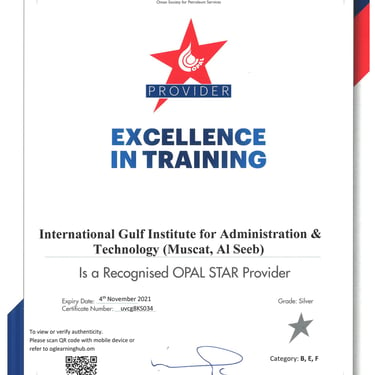
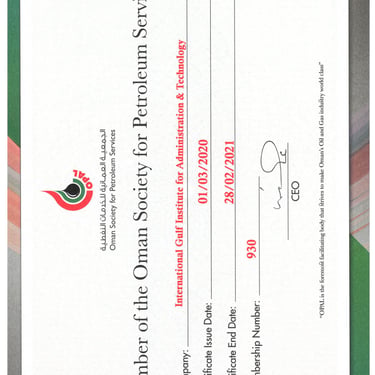
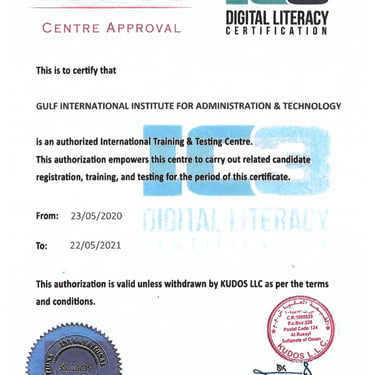
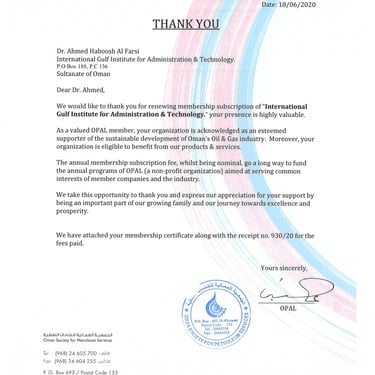
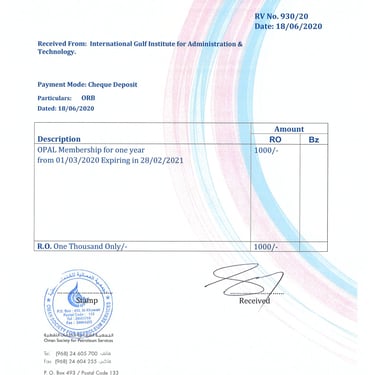

SUHOOL WADI BANI OMAR FOR TRADE & CONT


Amazon for Environment & Sustainability


